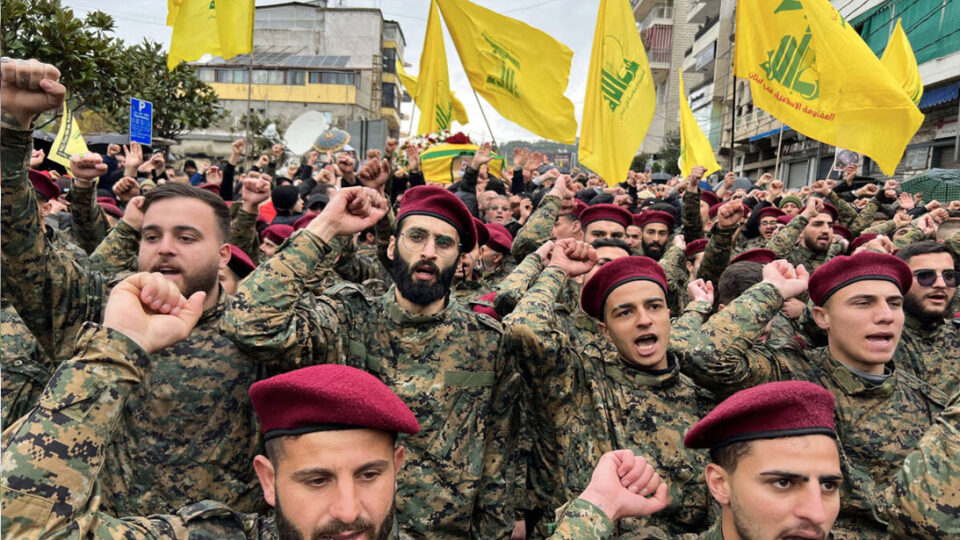ISLAMABAD – Viral videos circulating on social media platforms X (formerly Twitter) and Facebook since Monday, which appear to show Iranian soldiers thanking Pakistan for intelligence support against Israel, have been debunked as AI-generated content.
Background of the Claim
The videos surfaced in the wake of a 12-day conflict between Iran and Israel, which ended with a ceasefire on June 24. During the escalation, Israel launched airstrikes on Iran’s nuclear sites, military facilities, and residences, resulting in the deaths of top Iranian scientists and commanders.
Amid this tense backdrop, videos began to trend online allegedly showing Iranian soldiers expressing gratitude to Pakistan for helping protect Iran’s nuclear program.
One such video, posted by a pro-military Facebook page, showed two men in uniform saying:
“Our nuclear programme is safe. Thank you, Pakistan, for protecting it with your intelligence support.”
The video quickly went viral, amassing over 1.4 million views and 12,000 reactions.
Similar content was widely shared across both Facebook and X, with many users reposting and commenting on the supposed diplomatic gesture.
Fact-Check and AI Indicators
A detailed fact-check was carried out to determine the authenticity of the viral clips due to the significant public interest and potential impact on Pakistan-Iran relations.
Key findings from the analysis included:
-
Unnatural skin textures that appeared overly smooth or plastic-like
-
Fixed eye movements and no blinking, both signs of synthetic animation
-
Unnatural lip-syncing that did not match typical human speech patterns
-
Presence of a “Veo” watermark, associated with Google DeepMind’s text-to-video AI tool
AI content verification tools were used to assess the videos:
-
Hive Moderation: Assigned a 57% suspicion rating to the first clip
-
Attestiv.ai: Gave it a 30% likelihood of manipulation
-
Deepware: Did not detect it as a deepfake, though it noted synthetic signs
The TikTok account @isipakistan440, visible in the first clip, was also reviewed. It featured similar AI-generated content with a strong nationalistic theme, confirming a pattern of artificial video creation.
The second viral video shared on Wednesday showed similar traits and was also determined to be AI-generated upon inspection.
Conclusion
While the videos have sparked considerable discussion online, they are not authentic and do not represent official communication from Iranian military personnel. The content is AI-generated, created using video synthesis tools, and does not reflect real-world diplomatic interactions.
As AI-generated media becomes increasingly sophisticated, viewers are advised to critically assess viral content and rely on verified news sources for accurate information, especially on sensitive topics involving international relations and national security.

